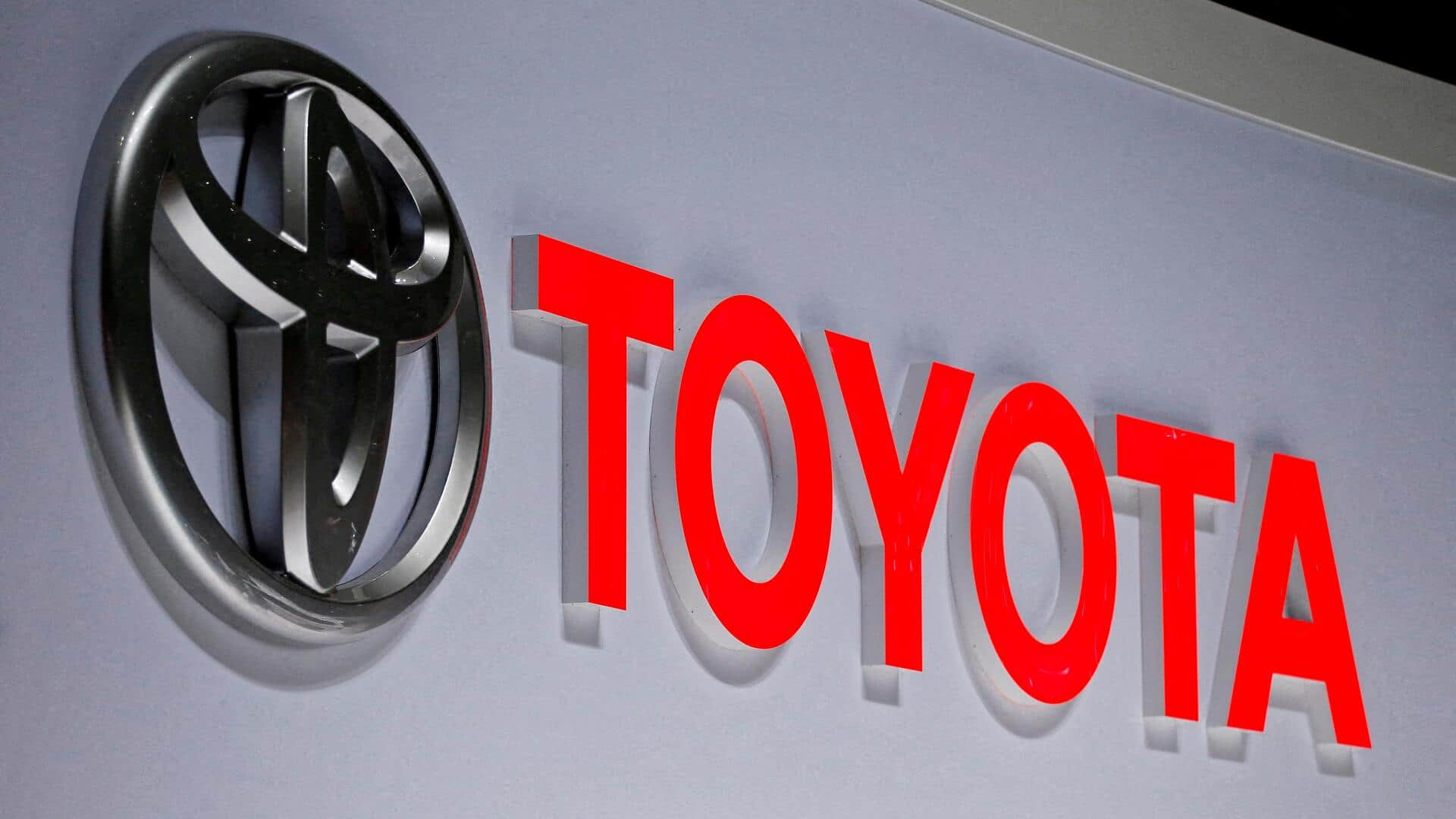
Toyota wants your car to last for 9 years
What's the story
Toyota, the world's largest carmaker for five consecutive years, is considering a major shift in its vehicle life cycle strategy. The company plans to extend the average sales cycle of its flagship models like RAV4 and Corolla from seven years to nine. This would mean fewer total redesigns but more emphasis on regular software updates and electrification for continuous improvement without a complete model overhaul.
Tech upgrades
Toyota's strategy for continuous improvement
Toyota's new strategy includes introducing new features via over-the-air updates, ensuring that cars keep improving even after purchase. The company has also assured dealers that wholesale prices will remain stable throughout the nine-year cycle. This move is aimed at preventing price hikes or squeezed profits, a departure from other brands that tend to replace models more frequently.
Market strategy
Region-specific models and market adaptation
While global favorites like RAV4 and Corolla will get the nine-year treatment, Toyota plans to adapt region-specific models according to local preferences. This strategy shows the company's commitment to mature, tech-upgradable cars that can hold their own over time. It is a stark contrast from the industry trend of constantly refreshing lineups in an increasingly competitive market.
Model longevity
Toyota's long-standing models and customer preferences
Toyota already has some of the longest life cycles in the industry, with models like Corolla and RAV4 running for years before being replaced. The current Corolla has been on sale since 2018, while its successor is at least two years away. The outgoing RAV4 ran for seven years before being replaced a few months ago.
Consumer choice
Customer choices and software's role in vehicle longevity
The decision to extend car life cycles comes down to customer preferences. Some buyers want the latest model as soon as it hits the market, while others prefer a car that has matured over time. With software playing an increasingly important role in vehicles, some shoppers may prefer waiting for a thoroughly refined product instead of rushing into buying the latest version.